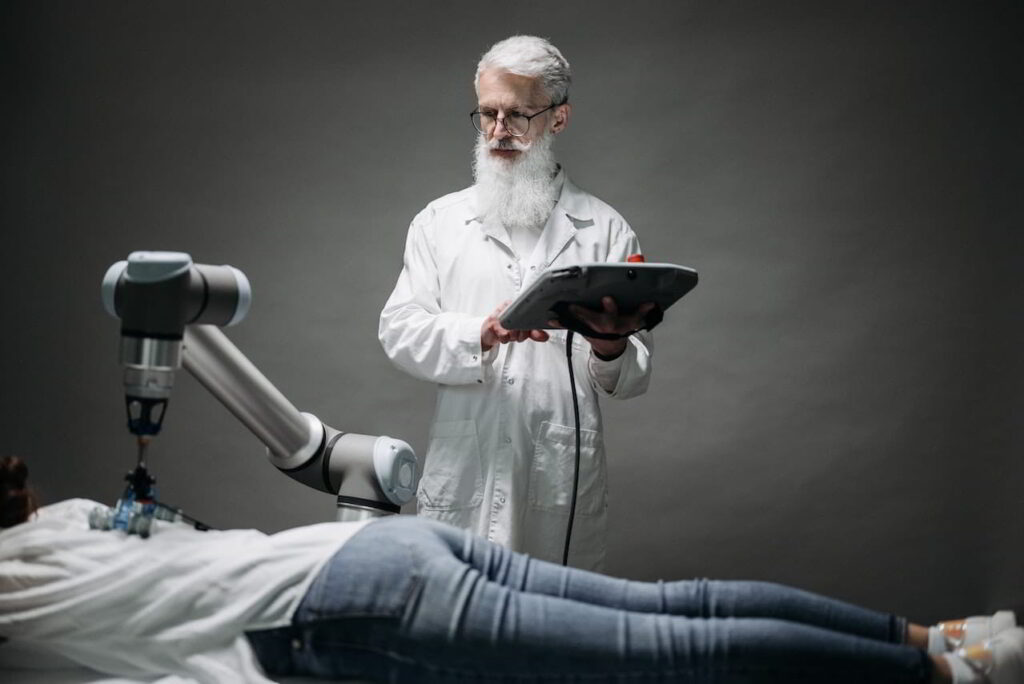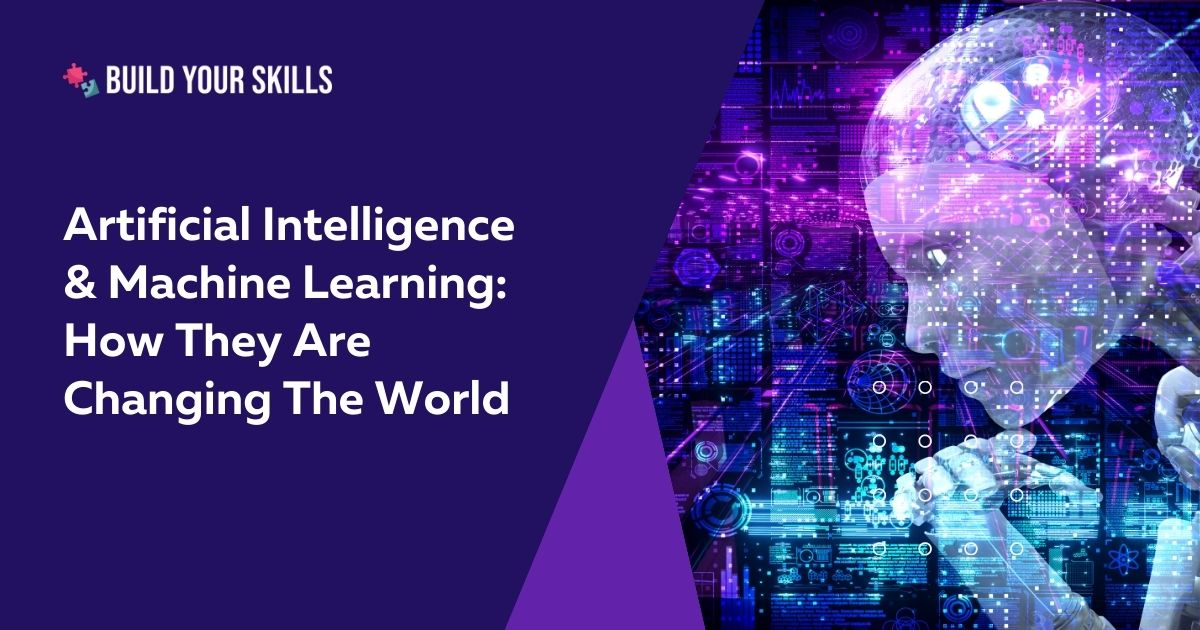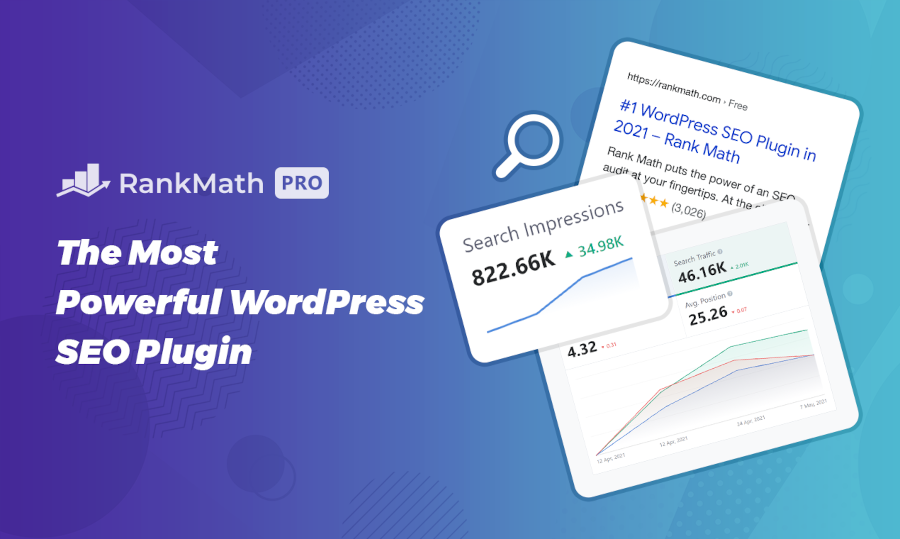Artificial Intelligence and Machine Learning have become increasingly important in our lives, not just in the workplace but also in daily activities. These two technologies have made great strides over the last few years, including leaps in automation and data processing. In this article, we will explore how AI and ML are impacting our lives today and what the future may hold for us as these technologies continue to evolve.
What is Artificial Intelligence?
Artificial Intelligence (AI) is one of the most talked-about topics in technology today. AI refers to computer systems that can think and process information like a human brain, allowing them to learn from experience and adapt to new data or tasks. This technology is used in various fields such as manufacturing, finance, healthcare, security, transportation, and more.
The development of AI has advanced rapidly over the past decade. By analyzing large sets of data points, AI can identify patterns and trends that would be nearly impossible for humans to detect on their own. This allows businesses to make more informed decisions faster than ever before. In addition, AI can automate processes such as customer service inquiries or product recommendations without needing direct human interaction.
Common uses of Artificial Intelligence
Artificial intelligence is used in a variety of different ways. Some common applications include:
- Prediction: algorithms can be used to make predictions about future events, such as the likelihood of a person becoming diabetic or solving a complex math problem.
- Content creation: Artificial Intelligence can be used to create content that is more engaging and informative than human-created content. For example, a machine learning algorithm might be used to analyze a set of customer reviews and generate new product descriptions based on this data.
- Speech recognition: AI algorithms can be used to identify individual words in a sentence and then generate a response based on that information (for example, a computer system might respond “I am glad you are happy” when asked how the user is doing).
- Natural language processing (NLP): AI algorithms can be used to process human speech by understanding what someone is saying and responding accordingly (for example, a system might reply to a customer service request with the correct information).
- Autonomous programming: AI algorithms can be used to automatically program computer systems. This is particularly valuable for tasks such as machine learning or natural language processing where it can be difficult or impossible for humans to carry out these tasks precisely the way they are supposed to be carried out.
- Image recognition: Artificial Intelligence algorithms can be used to identify specific objects or people in an image (for example, scanning a passport for biometric data).
- Robotics. AI is responsible for a wide range of advancements in robotics tech like deep learning, computer vision, NLP, neural networks, and more.
- Search engines: AI algorithms are often used in search engines (for example, the Google Search algorithms) to help users find information that they are looking for quickly and easily.
- Social Media: AI algorithms are often used to help social media platforms (such as Facebook and Twitter) manage their user accounts more efficiently.
- Autonomous vehicles: AI algorithms are often used in autonomous vehicles to help navigate and take decisions on the fly.
- Virtual assistants: AI algorithms are often used in virtual assistant applications (such as Amazon’s Echo or Apple’s Siri) to provide a human-like intelligent interface for users.
- Predicting customer behavior: Some companies use AI to predict a customer’s behavior to improve their overall experience (for example, by recommending products or services that the customer might be interested in).
- ChatBots: Many companies use AI to predict a customer’s behavior to reduce the number of interactions they have with a human (for example, by automatically responding to predetermined questions or requests).
What is Machine Learning?
Machine learning is a subset of AI that focuses on the development of computer programs and algorithms that can learn and adapt through the experience without being explicitly programmed. It has become an essential component of modern data science, enabling machines to process large amounts of data quickly and accurately.
Machine learning operates by using a set of algorithms to identify patterns in data. This enables it to predict outcomes from new or unseen data with extensive accuracy. By giving the machine access to large amounts of data, the machine can learn from its experiences and become better at predicting outcomes over time.
For example, if you are playing a game of chess against a computer, it will use machine learning to analyze your play style. It will then use that information to make better decisions in future games. It is important to understand that machine learning is not just about beating a human player at chess, it can be used for any application where the computer needs to learn from experience.
Common uses of Machine Learning
Machine learning is an ever-growing field of technology that has the potential to revolutionize almost every industry. This exciting and innovative form of artificial intelligence has been used for various applications, from medical diagnosis to predicting human behavior. Here are some common uses of machine learning that are already making a huge difference in our lives.
One major application of machine learning is in healthcare. By training algorithms on large datasets, doctors and researchers can use machine learning models to accurately diagnose diseases and develop more effective treatments. For example, AI-based systems can have better accuracy rates than humans when it comes to diagnosing cancer and other serious illnesses. Additionally, machine learning can be used for drug discovery – by using big data sets and deep learning algorithms, scientists can create better drugs faster than ever.
Another widespread usage of machine learning is in digital marketing and advertising. Businesses are using AI to track customer behavior, segment markets, and create more effective marketing campaigns.
How AI and mL work together
AI enables machines to mimic human intelligence by allowing them to recognize patterns, reason and learn from experience.
Machine learning takes this one step further by allowing computers to find even more complex patterns within data sets that a human may miss or not be able to detect on their own.
The combination of AI and machine learning allows businesses to automate processes, such as customer service, online sales, and marketing campaigns, making them more efficient than ever before.
Real-life Applications of AI and ML
Artificial Intelligence and Machine Learning are changing the way we live, work, play, and interact with one another. Together, they are revolutionizing many aspects of our lives – from entertainment to healthcare – in ways that were unimaginable just a few years ago.
Today’s artificial intelligence technologies have become increasingly sophisticated and capable of solving complex problems.
Healthcare
In the field of healthcare, AI-powered imaging analytics tools are being used to improve accuracy in diagnostics and speed up medical treatments. Along with reducing manual labor for radiologists, this technology can help doctors detect diseases more quickly and accurately than ever before.
AI is also being used to help doctors analyze millions of patients’ records to identify patterns that can lead to more effective and efficient treatments. AI can also help predict health problems by learning from past patient behavior.

Cyber Security: AI can help detect cyber threats by analyzing vast amounts of data and identifying patterns. AI-powered software is assisting companies to detect and prevent online attacks more quickly than ever before, protecting customer data from cyber threats.
Automotive Sector
With new AI solutions being developed for every aspect of the automotive industry, from manufacturing to after-sales, this sector could be one of the biggest beneficiaries of artificial intelligence and Machine Learning. For example, AI is being used to improve service and maintenance in the automotive industry. And as cars become increasingly connected, AI is helping drivers get the most out of their vehicles.
Transportation Sector
Artificial Intelligence and Machine Learning can help reduce traffic congestion by predicting road usage based on historical data, weather conditions, and other variables. Also, self-driving cars are now a reality. Hence, by improving the efficiency of transportation systems AI can help the transportation sector save money and reduce environmental impact.
Retail Sector
Artificial Intelligence and Machine Learning can help retailers improve the shopping experience. For example, it can be used to help customers find what they’re looking for and up-sell higher-margin products. AI can help recommend products to customers based on their preferences and past purchases.
AI can also help optimize store layouts and pricing strategies, making shopping more efficient for customers.
Education Sector
AI can help professors and students in the classroom. It can help with grading papers and exams, as well as recommending course improvements to students. AI can also help personalize learning for each student by analyzing their past behavior and improving the speed of understanding.
Government Sector
AI can help governments make better, more informed decisions. For example, it can be used to automatically identify people who might commit crimes and stop them before they do so.
Entertainment Sector
Entertainment companies can use AI to analyze customer data and make better recommendations to increase revenue and profits.
Legal Sector
AI can help lawyers and judges make better decisions by analyzing large volumes of information.
Tourism Sector
AI can help tourists plan the best travel experience by accessing historical data and providing recommendations based on previous customer behavior.
Pharmaceutics Sector
AI can help predict and analyze the impact of new drugs on patients. There are several different ways that artificial intelligence and machine learning can be used in various sectors of the economy. By understanding how each technology is being applied, businesses can better decide which solutions will work best for them.
Defense Sector
Artificial Intelligence and Machine Learning can help develop more efficient weapons by analyzing data from past wars.
Agriculture Sector
AI can help farmers optimize crop yields and minimize food waste in the supply chain.
Energy Sector
AI can help reduce emissions by analyzing data from smart meters to improve the efficiency of energy consumption.
Engineering Sector
AI can help automate the design and fabrication of structures, vehicles, and other products by learning from past structures.
These are just a few examples of how AI is transforming industries. The list could go on forever. There is no doubt that machine learning and AI will continue to change our lives.
Conclusion
In conclusion, Artificial Intelligence and Machine Learning have become integral parts of our lives. They are making the impossible possible and transforming the way we interact with technology.
From providing more accurate medical diagnoses to helping manage traffic flow, Artificial Intelligence and machine learning technologies have made a significant impact on our lives in numerous ways. Continuing advances in these fields will only bring us more benefits as they continue to develop over time.








Leave a Reply